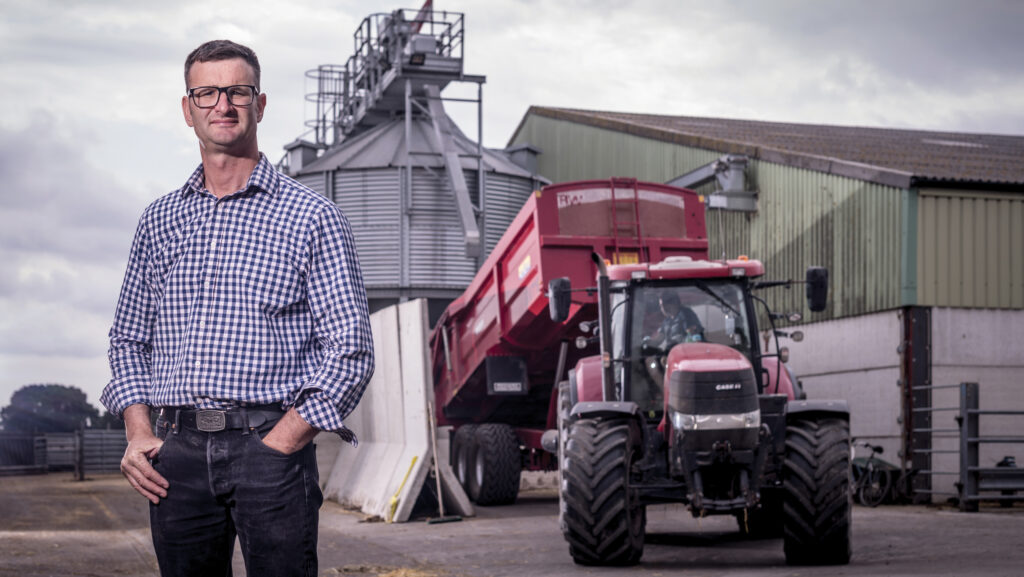Opinion: ‘Soft’ society is keeping next generation out of ag work
 © Jim Varney
© Jim Varney As a society we are letting our young adults down and, as an industry on the continual hunt for staff, why are we not encouraging, or indeed lawfully allowed to pursue, the employment of young school leavers full-time?
As a pupil who hated every minute of education, it makes no sense to me that youngsters are forced into another two years of education or training after they turn 16, if they have neither the appetite nor the inclination.
Has society become so soft that we deny young people the right to work and earn?
See also: Opinion – opportunities for beef sector have never been so good
Why are we mollycoddling the young when the same age group 80 years ago was flying over occupied Europe in Halifax bombers?
How do we accommodate the 16-year-old who wants to graft?
Ag colleges
Our agricultural colleges are doing this demographic no favours either, filling in two years with sporadic courses – probably mainly on health and safety and fire extinguisher recognition – with some occasional agriculture thrown in.
This isn’t educating or setting a work ethic for young people, it is demoralising them before they even get into employment.
Why, as an employer, do I have to fit around the college timetable, when it should be the other way round?
I’m providing the hands-on education; college should be providing the background theory, as and when it suits me. One day a week would be ample if you crammed all the lectures into it.
I would say keeping 16- to 18-year-olds in education is a legacy of when it was a tool used to massage the unemployment figures, but job creation is no longer a problem in this country.
The haulage industry soon worked out that if you are desperately short of drivers, instead of “importing” them, all you have to do is lower the age from 21 to 18 to take your Class 1 and, hey presto, you gain a significant increase in qualified drivers.
Apprenticeships
The other problem facing the employer, apart from the increase in National Insurance, is the minimum wage. An apprentice or anyone under the age of 18 is now on £7.55 an hour.
I don’t want to sound like a scrooge and, being a Yorkshireman, I like value for money, but with the best will in the world, a “greenhorn” has to be exceptionally good straight off the bat to justify that expense.
Part of the learning process involves taking up somebody else’s time and patience, so when you factor in the cost of the apprentice and a senior member of staff’s wages it becomes apparent what the true cost is financially, so the individual learning should be costed in at a discount.
Successful candidates who have aptitude and a work ethic soon graduate up the pay scale past minimum wage. And take-home pay in agriculture directly relates to hours put in.
I remember being told, “You’re a long time at home (working),” so I went off and worked for other businesses – shed building and HGV driving, alongside agriculture – and I gained some of the best experiences in the work environment, learning how, and in some cases how not, to run a business.
There are so many fantastic young people who just want to get on. Let’s not have them biding their time running up debt in further education when they could be flourishing in the world of work.
